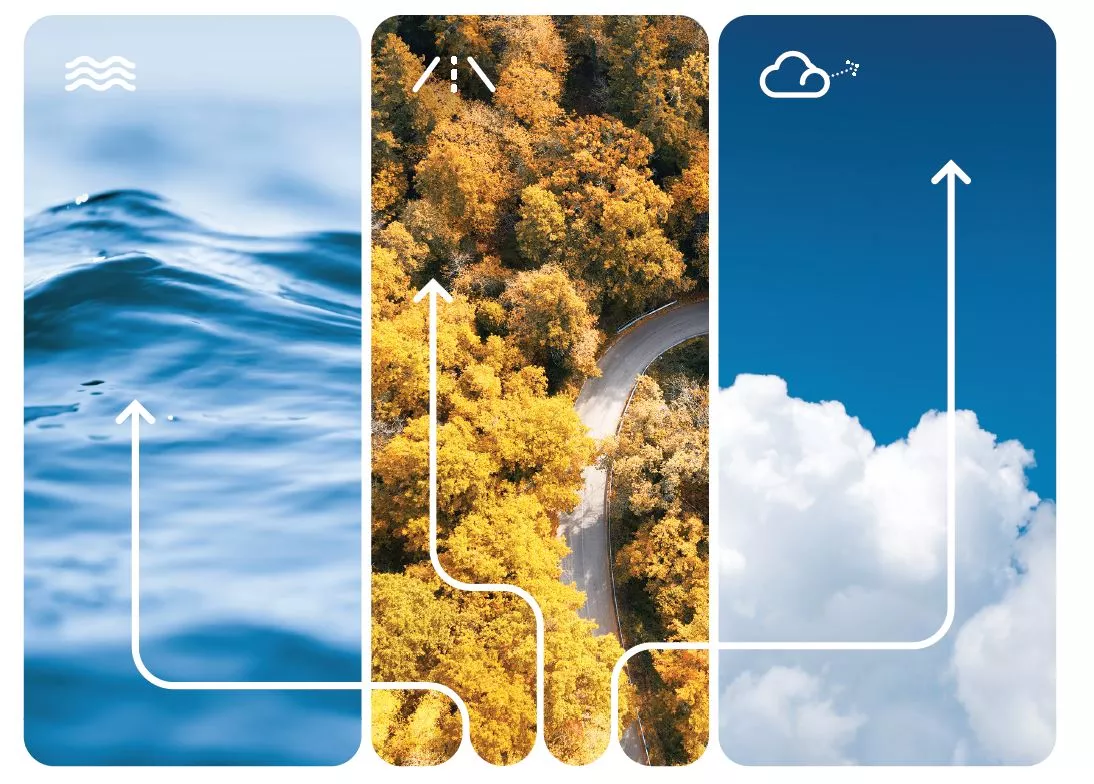12/12/2023
Sustainability and Logistics: Trends in 2024

Emission calculations becomes mandatory for logistics partners
In the recent European Logistics and Supply Chain Sustainability Report 2023, by HFW and Panattoni, it was found that the global logistics industry contributes to 11% of the world's emissions. Shippers, driven by a demand for sustainable supply chains, are increasingly making sustainability fundamental to their strategies. Notably, 72% of shippers now incorporate sustainability targets into their tender processes.
As global regulations intensify, shippers are expected to seek emissions data from their forwarders. The International Sustainability Standards Board's (ISSB) introduction of IFRS S2 and the EU's CSRD, mandating scope 3 emissions disclosure from 2024, are setting a precedent. This confluence of regulatory requirements and consumer demand is poised to prompt shippers to seek forwarders equipped for emissions reporting, making 2024 a pivotal year.
The logistics industry's specialized emissions reporting framework, the Smart Freight Centre’s GLEC Framework, gains prominence. Coupled with the ISO 14083, it propels the industry towards net-zero emissions. In 2024, widespread adoption of these frameworks is expected, fostering consistency in emissions reporting across supply chain stakeholders.
While electric vehicles and green fuels may not become industry mainstays in 2024, significant steps will be taken towards creating an environment for emissions reductions. Forwarders, irrespective of size, can lead by supporting clients in meeting their sustainability goals, with accredited supply chain emissions reporting.
In Euroatla, we are ready to meet all these requirements with our Emission Transit Analyser (ETA). Our customers can already request emission data by simply contacting their dedicated account manager when placing a booking or requesting a quote. For more information on Emission Transit Analyser (ETA) and its benefits, talk with us or contact your account manager.
Sources: The Loadstar, Pledge


